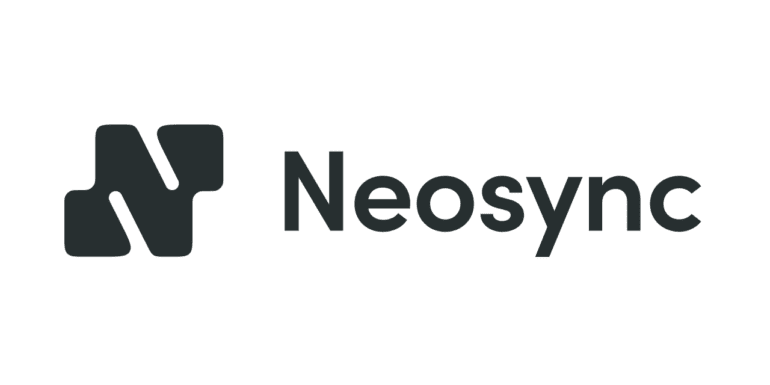TL;DR:
- Neosync simplifies data privacy and security challenges in software development.
- It offers automated data anonymization and synthetic data generation for testing.
- The platform seamlessly synchronizes data across various development environments.
- Key features include GitOps integration, referential data integrity, and custom transformers.
- Neosync provides a comprehensive asynchronous pipeline for reliability.
- It supports multiple database systems and storage solutions, making it versatile.
Main AI News:
In the realm of software development, navigating the intricate landscape of production data for testing and development can prove to be a formidable challenge. Striking the right balance between safeguarding data privacy and ensuring robust testing procedures is a task that demands finesse. While existing solutions have involved labor-intensive data anonymization or the creation of synthetic data, the quest for a more convenient and efficient alternative persists.
Traditionally, one approach to addressing this dilemma has been manual data anonymization or synthetic data generation for testing purposes. Yet, this method is not without its drawbacks – it is time-consuming and prone to errors, which in turn can expose organizations to security vulnerabilities. However, in the wake of technological advancement, a revolutionary open-source solution, Neosync, has emerged to revolutionize and simplify this process.
Neosync, a cutting-edge platform, has been meticulously designed to seamlessly interface with a snapshot of a production database. This unique capability empowers development teams to effortlessly generate synthetic data, closely mirroring the production schema or anonymizing existing production data. What sets Neosync apart is its innate ability to synchronize this anonymized or synthetic data seamlessly across an array of environments, including local development, staging, and continuous integration testing environments.
This remarkable platform boasts an impressive array of features, including its automated synthetic data generation, sensitive information anonymization, and the ability to create customized subsets of the production database, tailored to specific testing requirements. Neosync adopts a GitOps-based approach, seamlessly integrating into existing developer workflows. Furthermore, it ensures referential integrity for data, effectively mitigating concerns related to broken foreign keys during the testing phase.
One exceptional facet of Neosync lies in its comprehensive asynchronous pipeline. This robust system effortlessly manages job retries, failures, and playback using an event-sourcing model, establishing an unwavering foundation for developers’ testing endeavors. Additionally, the platform caters to various data types through pre-built transformers and allows users to define custom transformers to meet specific requirements.
What truly distinguishes Neosync is its commitment to delivering an unparalleled developer experience that seamlessly integrates into any workflow. Its versatility shines through its support for multiple database systems, including Postgres and MySQL, as well as compatibility with storage solutions such as S3. The platform’s adept use of Kubernetes and Docker, in conjunction with tools like Tilt, creates an efficient and scalable development environment that is nothing short of remarkable.
Conclusion:
Neosync’s innovative approach to data synchronization and anonymization addresses critical pain points in the software development industry. Its automation, seamless integration, and versatility are set to disrupt the market, providing a more efficient and secure way to handle production data in development and testing environments. This innovation is poised to drive increased efficiency and data security across the industry, offering a competitive edge to organizations adopting this groundbreaking solution.

